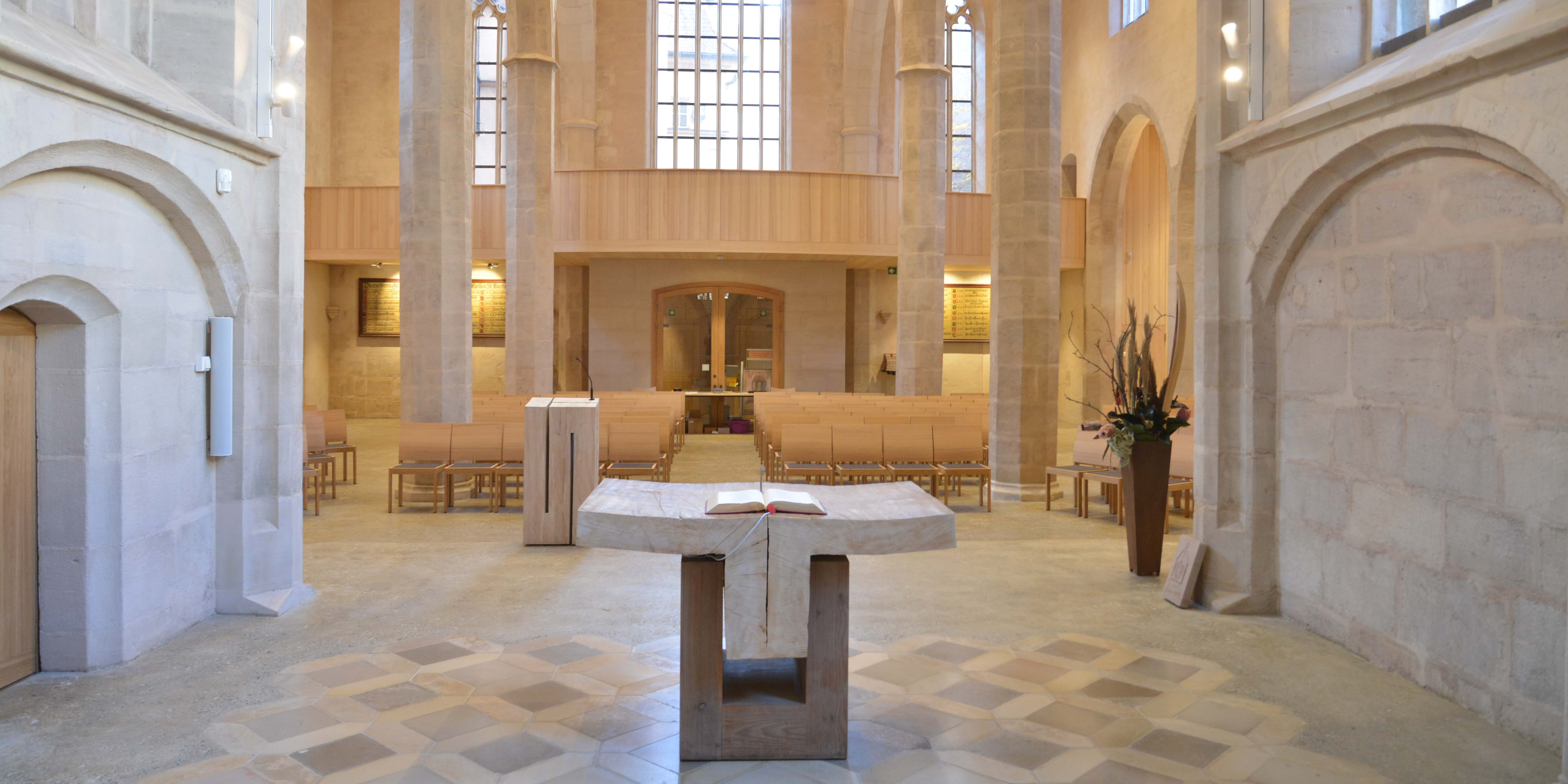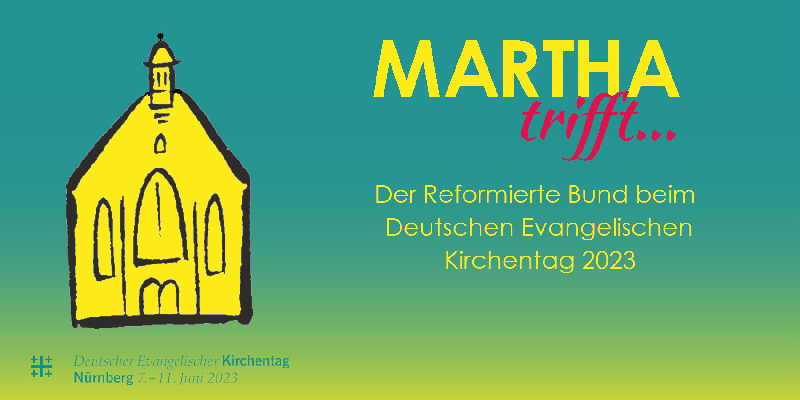Aktuelle Termine
8. September 2024 - 15. Dezember 2025, Emden
Immanuel Kant (1724–1804) formulierte in seinem Essay „Beantwortung der Frage: Was ist Aufklärung?“ in der Berlinischen Monatsschrift von 1784 die klassische und bis heute gültige Definition des Begriffes „Aufklärung“:
„Aufklärung ist der Ausgang des Menschen aus seiner selbstverschuldeten Unmündigkeit. Unmündigkeit ist das Unvermögen, sich seines Verstandes ohne Leitung eines anderen zu bedienen“.
Die Aufklärung nahm bereits zu Beginn des 18. Jahrhunderts ihren Anfang und zeichnete sich durch ein auf Vernunft basierendes Denken aus, das traditionelle Sichtweisen in Frage zu stellen und zu überwinden bereit war. Das Plädoyer für religiöse Toleranz und die Anerkennung naturwissenschaftlicher Erkenntnisse der Frühen Neuzeit waren Anliegen dieses Zeitalters.
Im kirchlichen Leben Ostfrieslands gewann die Aufklärung erst gegen Ende des 18. Jahrhunderts an Bedeutung. Im lutherischen Teil Ost-frieslands traten die Vertreter der Aufklärung früher als im reformierten Bereich auf, wo sie bedingt durch ihre niederländische Prägung gemäßigter in Erscheinung trat.
In der Ausstellung werden jedoch nicht nur die Geschichte der Aufklärung in Ostfriesland und die durch sie entstandenen Kontroversen behandelt.
Das Zeitalter soll anhand dinglicher Exponate greifbar werden. Neben einer historischen Naturaliensammlung wird der Blick auf Arbeiten des ostfriesischen Silberschmieds Hermann Neupert (1727–1807) aus Norden gewährt, der Hoflieferant Friedrich des Großen war. Thematisiert werden aber auch die Möbel aus der berühmten Roentgen-Manufaktur in Neuwied.
Johannes a Lasco Bibliothek, Kirchstraße 22, 26721 Emden
08.09.2024 bis 15.12.2025
03.02. bis 04.05.2025
Eintritt: 6,00 €, ermäßigt: 3,00 €
Kinder/Jugendliche bis 15 Jahre Eintritt frei
Gruppenführungen – nach Terminabsprache (Eintritt zuzüglich 2,00 € pro Person)
'Populism totally contradicts the Christian approach'
Interview with the Hungarian theology students Sámuel Boross and Ábel Veres

Reformierter Bund: How do you perceive populism has developed in the last few years in Europe?
Sámuel Boross: Populism has become very common in Europe, with many different groups. A new development is the phenomenon of churches being involved into populist movements. However, populism is not only spread in the European Union.
Ábel Veres: In 2019 I attended the Deutscher Evangelischer Kirchentag in Dortmund. I was confronted with populism there, how it spread in recent years. An exhibition at the art museum showed the horizont of right and left wing thinkers. We find many examples of populist politicians around us, in Hungary but also in the west, like Donald Trump; or Recep Tayyip Erdoğan in Turkey.
You mentioned that churches are involved into populism. In what way?
Veres: Churches are a problem for populism – because populism has moral intentions, like churches. Also churches are often linked to government. In Hungary there is a lot financial pressure on them, from the government they get financial support. So many small churches pray for our ministers, and many are quite charismatic. Like populists they also spread exclusivist ideas about immigrants, homosexuals and other minorities.
Boross: I think most churches do not respond to populism. Some congregations deal with populist questions. But I think most of them do not join so much.
How can we recognise populism?
Veres: Populism suppresses minorites. The role of the media gets eliminated. Populism communicates directly in the language of the people. It is a creation of a kind of new anti-elite-elite.
Boross: It is difficult to identify populism, which is the main problem. Populist leaders look democratic. They seem to speak out what the people feel. After all, any leader needs to follow in way the will of the people – else they have to go.
When does populism get dangerous?
Veres: The worst problem of populism is its exclusivist attitude. This totally contradicts the Christian approach. Sometimes this is linked to extremist attitudes. Then populism becomes dangerous. Some of these ideas can be observed also in Eastern Europe. Countries there do not feel integrated and have to deal e.g. with economic problems after communism, also in Hungary. So many people feel angry. This is a risk.
Boross: Then even a democracy can be dangerous. If it is lead be a majority people who support extremist ideas, it is in danger. People can be manipulated.
How should Christians approach populism?
Boross: Karl Barth once said: „We need the Bible and the newspaper.“ The newspaper gives us the daily report of what is going on in humankind. The Bible teaches us what this humankind is that is so loved by God. Me too, I think we need to read and keep informed about what is going on around us. And we have to measure by the Bible what the people, what the government are doing.
What responsibility has the Church in this process?
Boross: In my opinion churches should be, in general, separated from politics. The task of churches is to preach the gospel, not to represent political debates. Only if the gospel is criticised by politics, we have to react.
Veres: Your task is to teach Christian belief. The goal of church should not be to defend populism but the congregation.
RB
Der Kirchentag widmet sich in diesem Jahr der Losung: "Jetzt ist die Zeit" (Mk 1, 15).
>>> Das komplette Programm in St. Martha zum Download (PDF)






